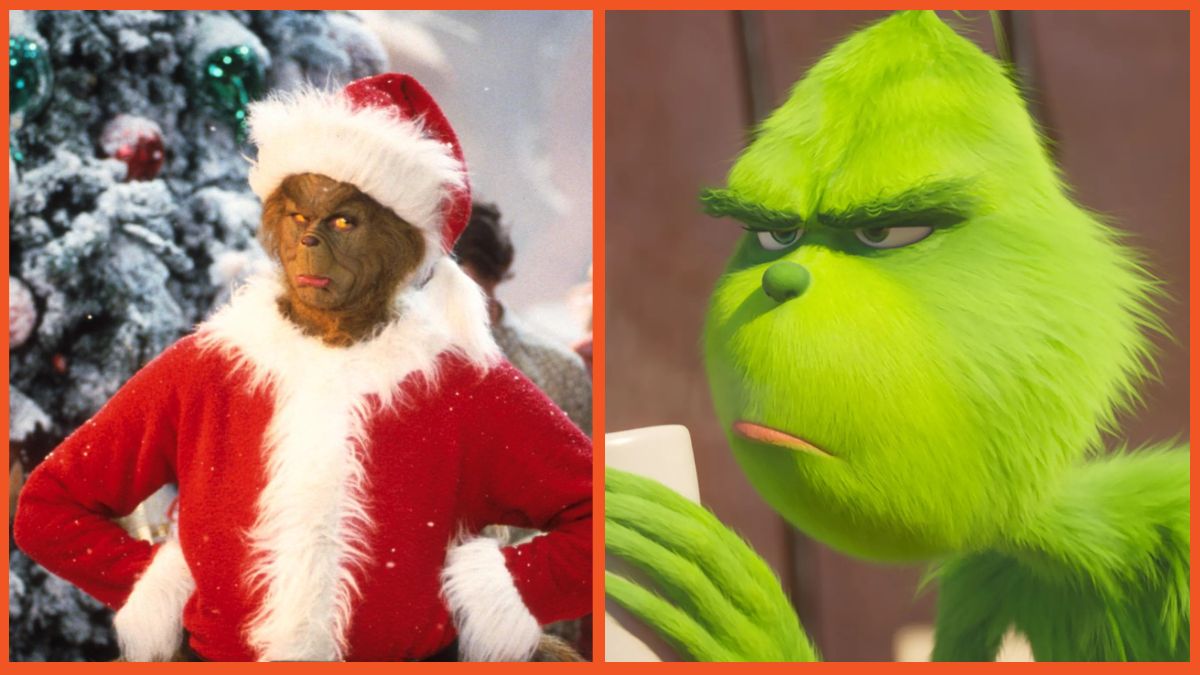
We of the liberal West like our stories of foreign conflict clean and straightforward, with discernible messages that reinforce ideals. We look at the relationship between Israel and Palestine in chiaroscuro lighting, content to view the Palestinians as either a repressed and battered minority, or a cadre of terrorists and thugs. Udi Aloni’s latest film, Junction 48 puts us all to shame.
The movie, which won the Best International Narrative Feature Award at the Tribeca Film Festival last week, cuts down Western notions of the good and the bad, cleaving its way through concepts of villainous Israelis, repressed Palestinians, violent Arabs, or wronged Jews. It tells a story about a multifaceted, complex culture coming out of the wastelands of violence, intolerance, and confused conflict.
Junction 48 is set in the town of Lyd (or Lod, or Lydda), a small city not far from the Tel Aviv International Airport. It was the site of a mass expulsion of Palestinians in 1948, when the Israelis drove out large numbers of Arabs and massacred many more. Now officially part of Israel, new Arab immigrants slowly filtered back in, forming a home in what’s basically a de facto ghetto.
It’s also the home of Kareem (Tamer Nafar), a young man with dreams of becoming the first Arab-Israeli rapper. Much to the chagrin of his musician parents, he spends most of his time hanging out with his friends, including drug dealer Talal (Saeed Dassuki) and singer/girlfriend Manar (Samar Qupty), and writing rap lyrics about his home and the conflict he sees every day. When a tragedy strikes, Kareem finds new purpose to his life and begins to direct his energies more seriously into his music.
Junction 48 has no strong through line – as director Aloni commented, it is a horizontal narrative, not a vertical one, telling many different stories through the filter of Kareem’s experience. The film does not offer a secure political perspective about Arabs vs. Jews, Palestinians vs. Israelis; it takes no sides, because its characters have no side to take. It’s a film about people trying to function in a confused, crime-ridden world without losing their humanity, even finding solace and rebirth in the creation of a new type of music.
Junction 48’s themes do not proffer comfortable paths to reconciliation, or revolution; the only people vilified are those who try to use violence to control the pathways of the characters. Kareem is a flawed protagonist, fully deserving of his mother’s anger when she calls him lazy, but he’s also a true believer in the power of his music to express the reality of the Arab experience.
Although the majority of the main cast are Arabs, the film does not propose to treat them as a flawless and oppressed minority, or the Jews as intent upon destroying a minority population. The anger and resentment between the two groups is real, the most intense scenes occurring in Kareem’s shaky love/hate relationship with Hebrew rappers RPG and 67 Carat, but even the conflict is rife with complexity and even an element of respect. On the Arab side, drug lord Yousef and Manar’s conservative cousins who try to stop her from performing form an opposite argument – conservative, violent, and intent upon using other people to forward their own agendas.
Junction 48 is about a fusing of cultures, not a conflict between them. There are no easy solutions or simplistic answers, and the film doesn’t try to propose any. The problems of Lyd will not be solved by the power of music, yet it is music that provides that brightest ray of hope. Music expresses love, honesty, a respect for tradition and a movement into the future – it does not ask Arabs and Jews to give up their heritage, but neither does it allow them to say that heritage is all there is. Kareem and his group do not stand up and call for insurrection, but for human decency, for love, for respect due to all human beings: Arab, Jew, Palestinian, Israeli.
Ultimately, Junction 48 celebrates music as a force for expression and cultural fusion, as Kareem and his friends praise sexuality, love, and the realities of their lives in Lyd as the most profoundly political statements they can make.





Published: Apr 28, 2016 12:04 am